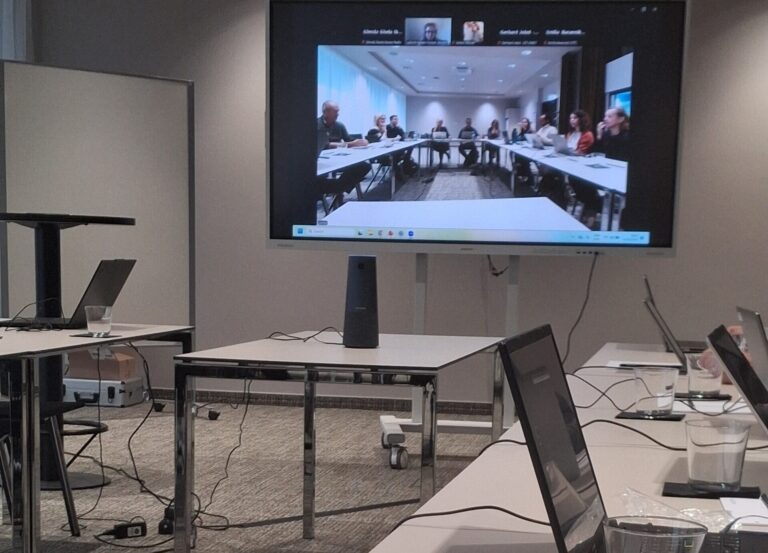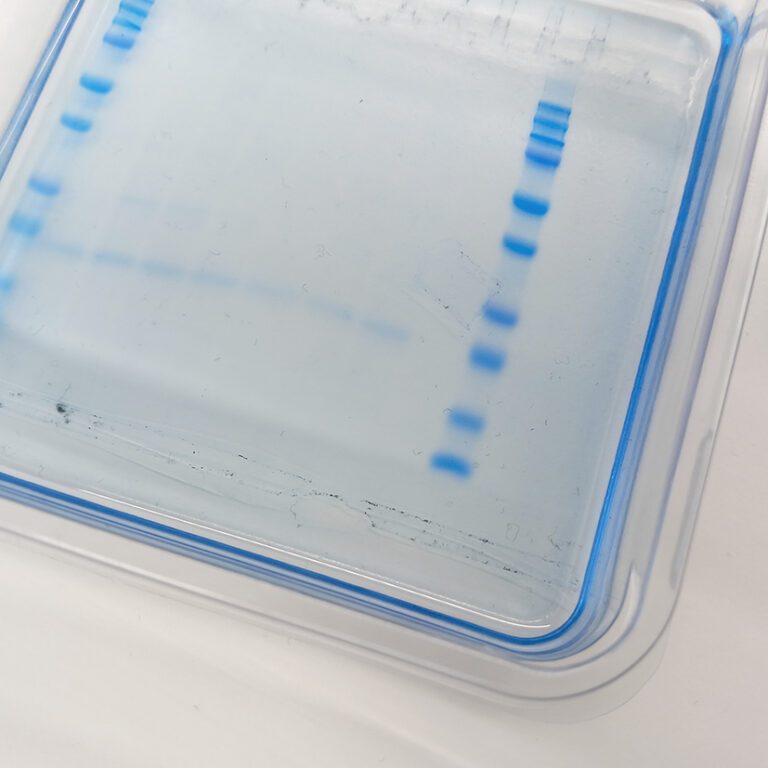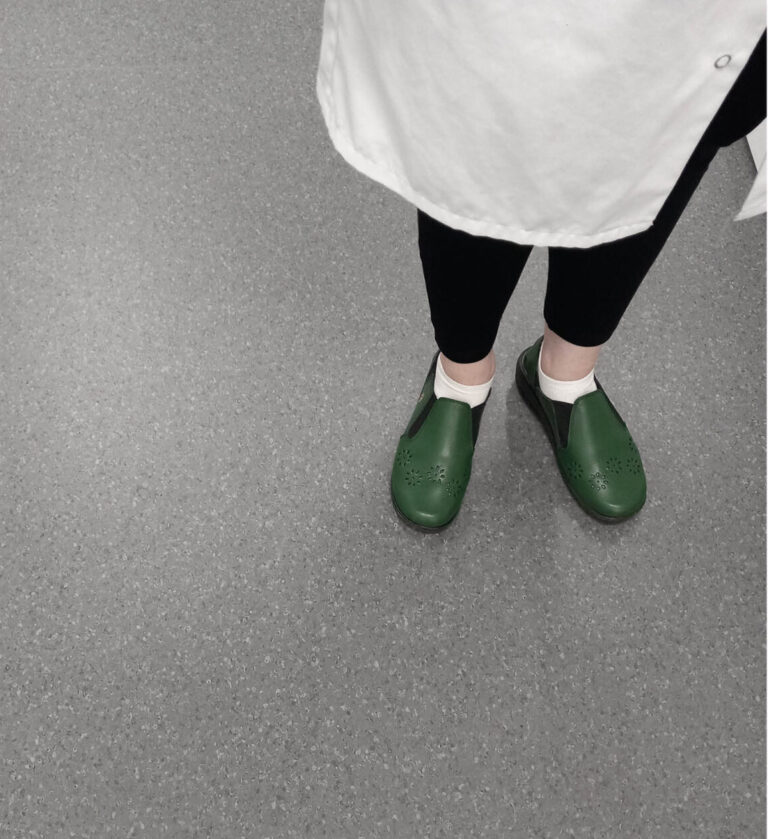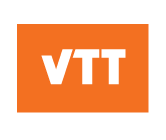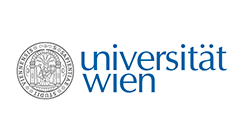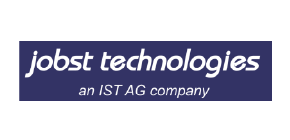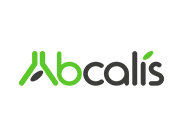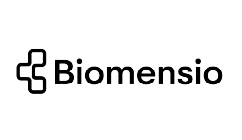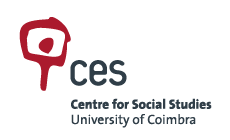In recent years, European Commission funding calls including Horizon Europe increasingly support and prioritize the integration of social scientists and humanists into EU-funded STEM-related (science, technology, engineering and mathematics) research and innovation projects. SSH (social sciences and humanities) researchers are not meant to be an “add-on” or an afterthought to these R&I proposals, but fully integrated and mobilized within interdisciplinary projects that collectively author, frame, and investigate scientific questions that address Europe’s most pressing challenges.
In this advanced course, participants from STEM and SSH backgrounds will analyze, discuss, and investigate the actual practices of such cooperation and interdisciplinarity with reference to the Horizon Europe BioAssembler project, which aims to develop a new generation of multiplex biosensors. Through a series of eight dynamic sessions, participants will be invited to discuss inputs, outputs, and impacts of the STEM-SSH collaboration in this cutting-edge biotechnological research project. Together, members of the BioAssembler team, alongside invited speakers will identify and discuss best practices, methods, failures, and new approaches, with the goal of investigating what it means to have deep, meaningful interdisciplinarity between SSH and STEM experts.
Participants will be required to step outside their fields of expertise and engage across SSH-STEM epistemological divides. SSH researchers will be invited to familiarize themselves with the contemporary bio- and nanotech innovations that underpin the development of new biosensors. STEM researchers will similarly be invited to explore the social sciences, humanities, and arts, taking their methods, contributions, and insights as an integral part of developing evidence-based solutions to societal-level challenges.
This course is aimed at STEM and SSH researchers at all levels (PhD students, postdocs, early-career and established researchers). It is especially relevant to researchers interested in the interface between SSH and STEM; science, technology, and society studies (STS); science communications; biotechnology; and investigators planning to integrate SSH into EU R&I proposals and grant applications.
Participants will have the opportunity to present their work, workshop proposals, or discuss ideas related to career development in this area.
General Structure and Course Certificate:
This advanced course consists of eight (8) hybrid sessions held between April 2 and May 16, 2025.
Six hybrid sessions will be held between April 2 and April 4, 2025 (3 days total) at the Centre for Social Studies, University of Coimbra.
Two additional sessions will be fully remote, in May 2025.
Registration, Fees & Important Dates:
Deadline for registration: 24 March 2025.
Fees:
For in-person (April) and online (May)
Early Bird (by March 10, 2025): 40 euros
Regular rate (by March 10, 2025): 50 euros
Reduced rates for doctoral students (up to 5 participants; by March 10, 2025): 15 euros
CES Researcher, Junior Researcher and Pos-doc (up to 3 participants): 0 euros
For online only (April and May)
Early Bird (by March 10, 2025): 30 euros
Regular rate (by March 10, 2025): 40 euros
Reduced rates doctoral students (up to 7 participants; by March 10, 2025): 10 euros
Registration: https://ces.uc.pt/formacao-extensao/cursos-de-formacao/2025/deep-interdisciplinarity-in-biotechnological/registration-form
More information: https://ces.uc.pt/pt/formacao-extensao/cursos-de-formacao/2025/deep-interdisciplinarity-in-biotechnological/overview
